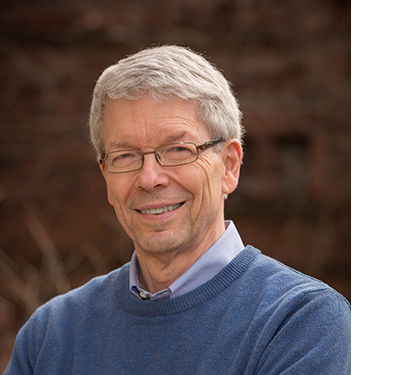Steven M. Girvin - Progress and prospects for the second quantum revolution and the race to build “impossible” computers
Talk details
- Date: 2 October 2022
- Video recording
Talk abstract
From the speaker:
"The first quantum revolution brought us the great technological advances of the 20th century—the transistor, the laser, the atomic clock and the global positioning system (GPS). We now realize that this 20th century hardware does not take full advantage of the power of quantum machines. A second quantum revolution is now underway based on our relatively new understanding of how information can be stored, manipulated, and communicated using strange quantum hardware that is neither fully digital nor fully analog. This talk will give a gentle introduction to the basic concepts that underlie this quantum information revolution and describe major challenges as well as recent remarkable experimental progress in the race to build quantum machines for computing, sensing and communication."
Presenter
Steven M. Girvin
After graduating in a high school class of five students in the small village of Brant Lake, New York and completing his undergraduate degree in physics from Bates College, Dr. Girvin earned his PhD in theoretical physics from Princeton University in 1977.
Dr. Girvin joined the Yale faculty in 2001, where he is Eugene Higgins Professor of Physics and Professor of Applied Physics. From 2007 to 2017 he served as Yale’s Deputy Provost for Research, overseeing strategic planning for research across the university. From 2019 to 2021, he served as founding director of the Co-Design Center for Quantum Advantage, one of five national quantum information science research centers funded by the U.S. Department of Energy. Along with his experimenter colleagues Michel Devoret and Robert Schoelkopf, Professor Girvin co-developed “circuit QED,” the leading architecture for construction of quantum computers based on superconducting microwave circuits.
Dr. Girvin is a foreign member of the Royal Swedish Academy of Sciences and a member of the U.S. National Academy of Sciences. In 2007, he shared the Oliver E. Buckley Prize of the American Physical Society for work on the fractional quantum Hall effect. In 2019, he and coauthor Kun Yang published the textbook Modern Condensed Matter Physics with Cambridge University Press.


